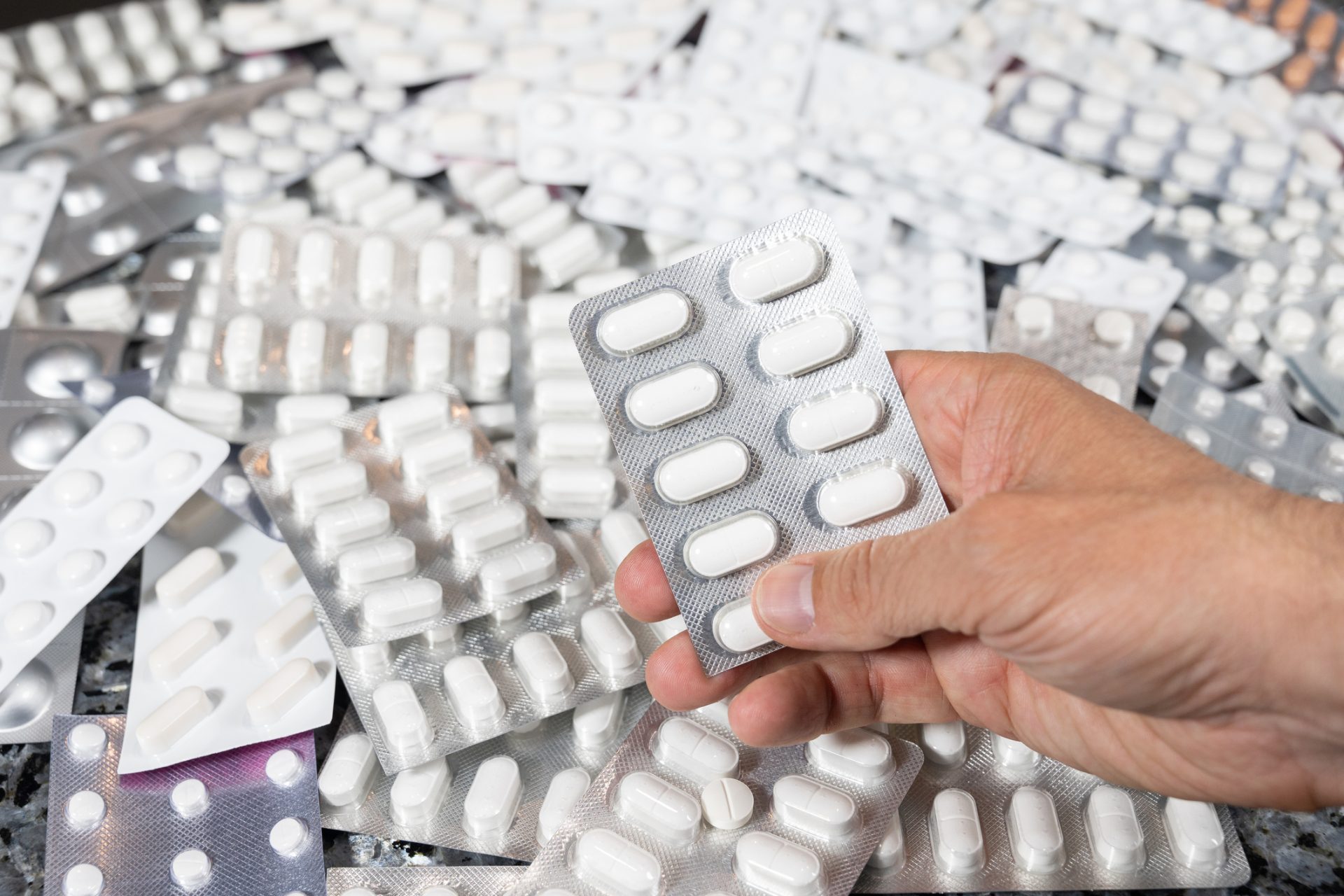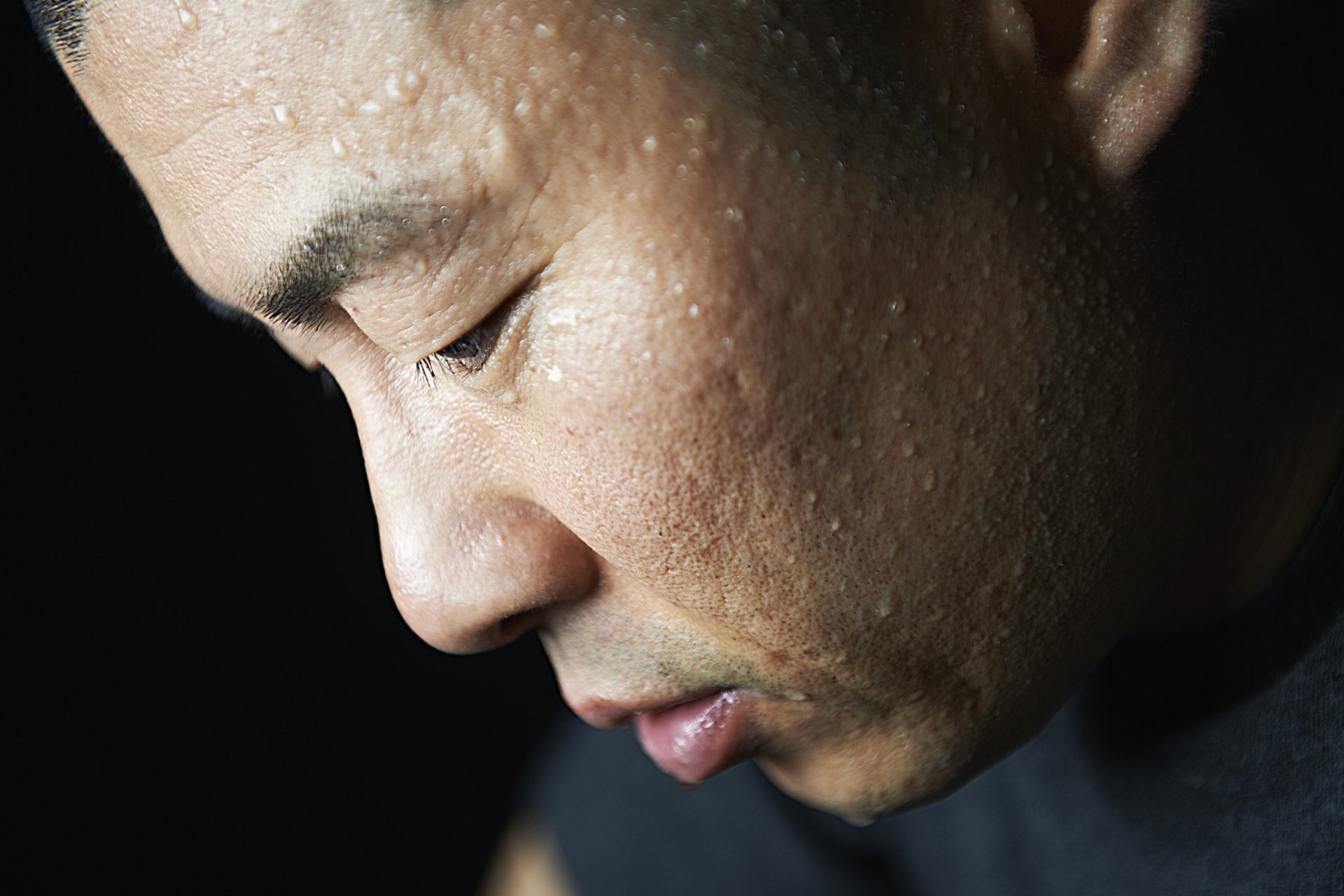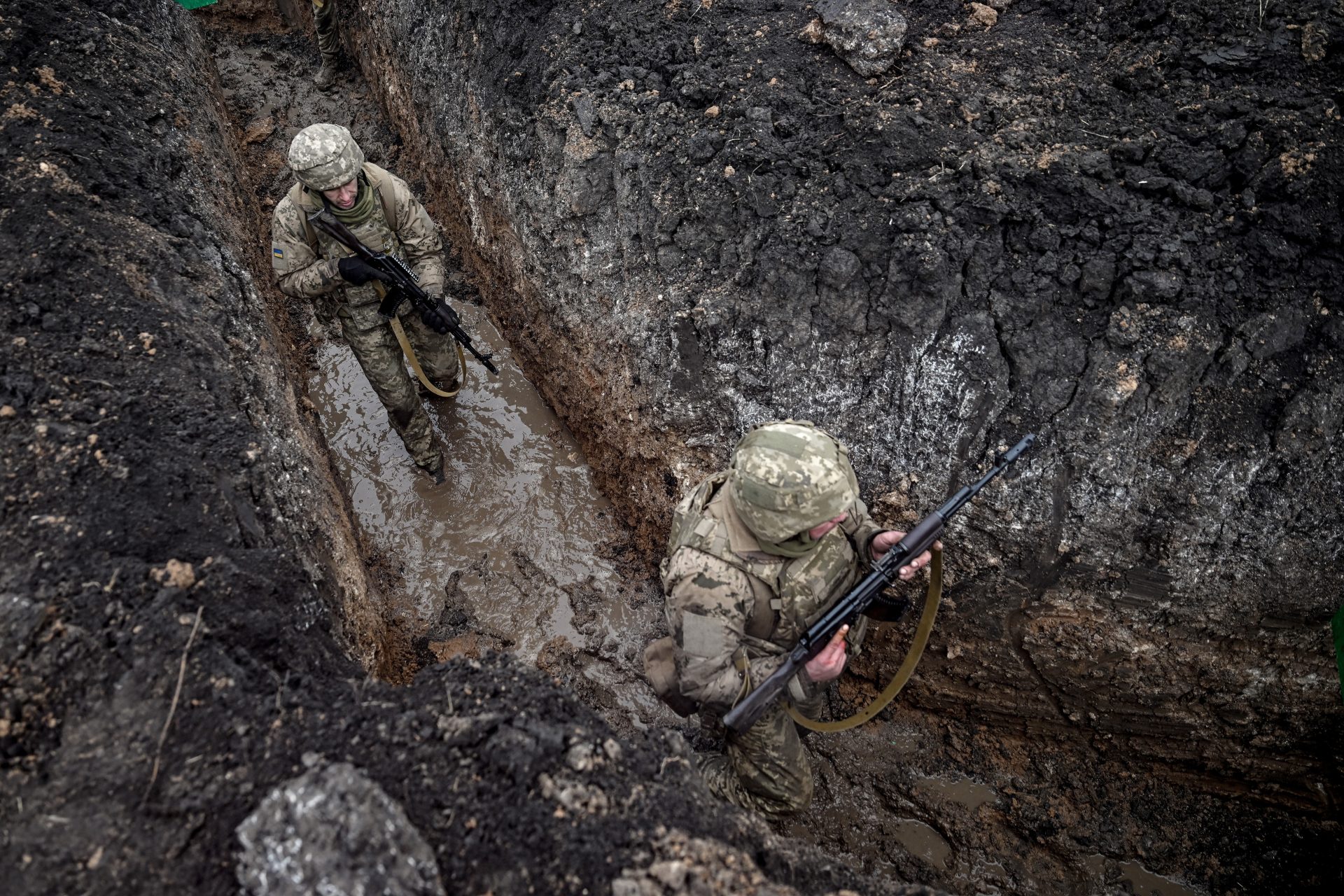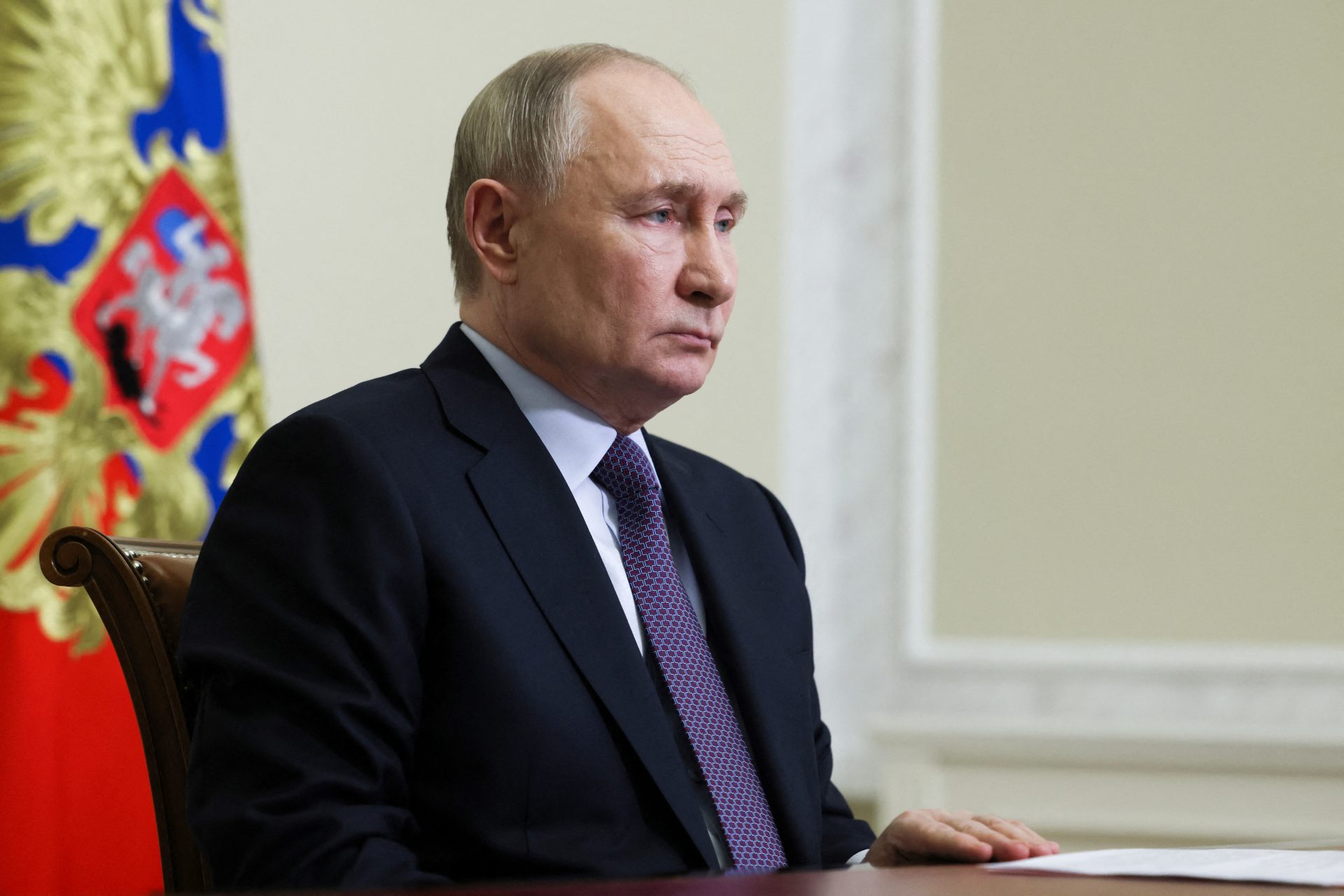A psychedelic drug could be approved in the US to treat PTSD
A new study proved that a popular psychedelic drug effectively treats severe Posttraumatic Stress Disorder (PTSD), paving the way for potential approval by the US government.
The double-blind study, published in Nature Medicine, lasted nine months and combined the use of the drug with talk therapy.
Image: Annie Spratt / Unsplash
After the experimental treatment, 86.5% of the patients who used the drug showed improvement on a PTSD assessment, compared to 69% of the placebo group.
Researchers measured the symptoms of 104 patients; half of those were taking the drug and the other half a placebo.
Of the group taking the drug, 72% of subjects stopped meeting the criteria for a severe PTSD diagnosis at the end of treatment. In the placebo group, it was 48%.
The researchers assessed common severe PTSD symptoms such as insomnia, nightmares, and flashbacks. The study claims patients improved their family, social, and work lives.
Image: Joice Kelly / Unsplash
The therapy also has some side effects. According to the Associated Press, they included muscle tightness, nausea, decreased appetite, and sweating.
Despite the side effects, only one patient left the study. The research group confidently stated that the component has "an acceptable risk-benefit profile in individuals with PTSD."
According to the study, trauma-focused psychotherapies are the standard right now, but many patients have persistent symptoms or drop out of treatment.
Still, Barbara Rothbaum, director of the Emory Healthcare Veterans Program in Atlanta, told the AP that keeping options open is important because no treatment is 100% effective for severe PTSD patients.
The promising results have led the company that sponsored the study to seek FDA approval to produce and sell the drug as a treatment for severe PTSD.
The FDA process can, however, be very complex, especially when considering a psychedelic component that has been illegal in the US since 1985.
Drug Enforcement Administration classified the popular party psychedelic as a Schedule 1 drug, alongside many highly risky narcotics.
However, the world is opening up more to the use of this component in a medical capacity. Earlier this year, Australia approved its psychiatric use.
According to the AP, in the US, a nonprofit advocacy group called the Multidisciplinary Association for Psychedelic Studies is mainly responsible for the shift in perception.
The researchers behind the study and other PTSD experts are confident that these successful results can open the door to further medical experimentation using psychedelics.
More for you
Top Stories





























